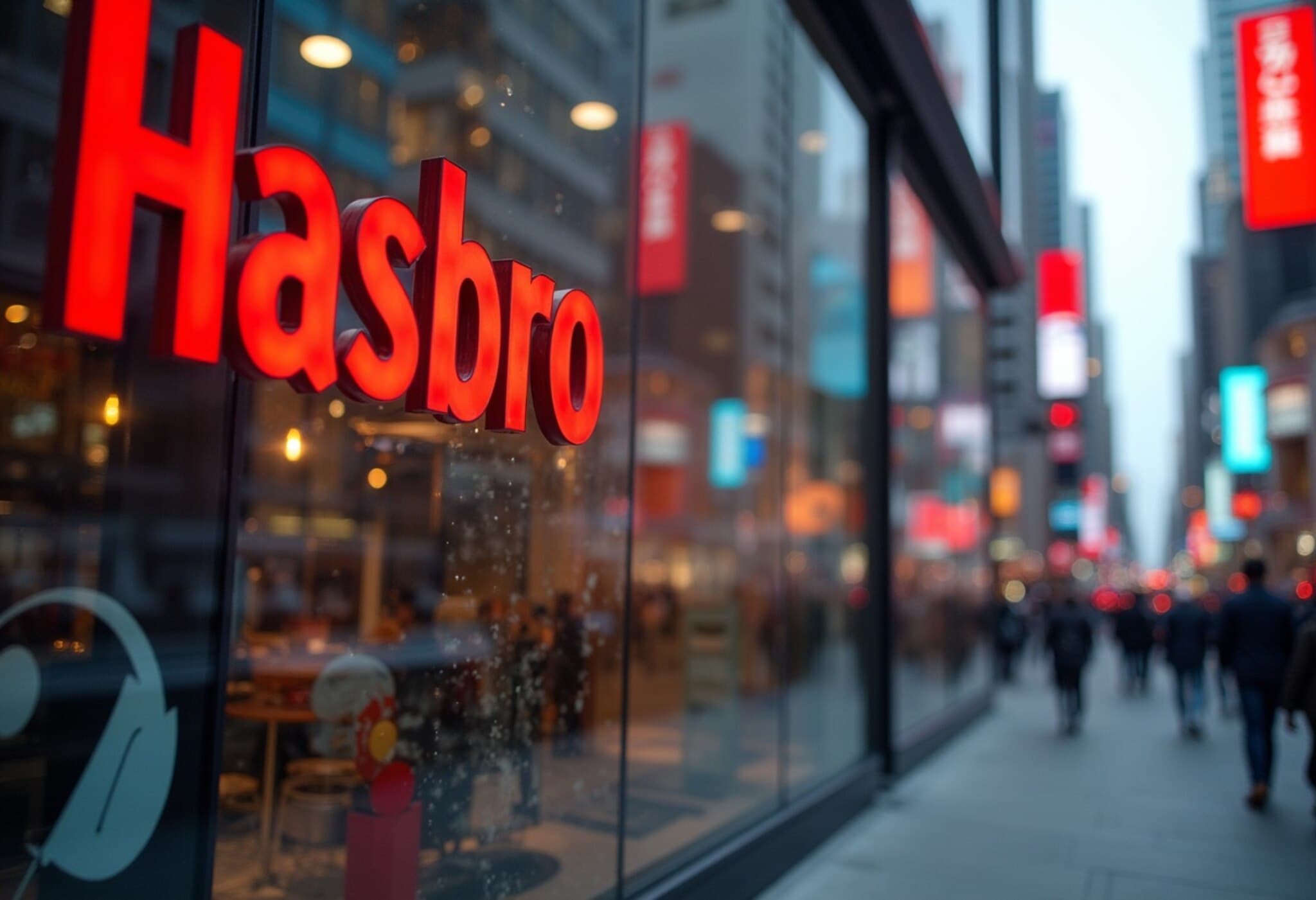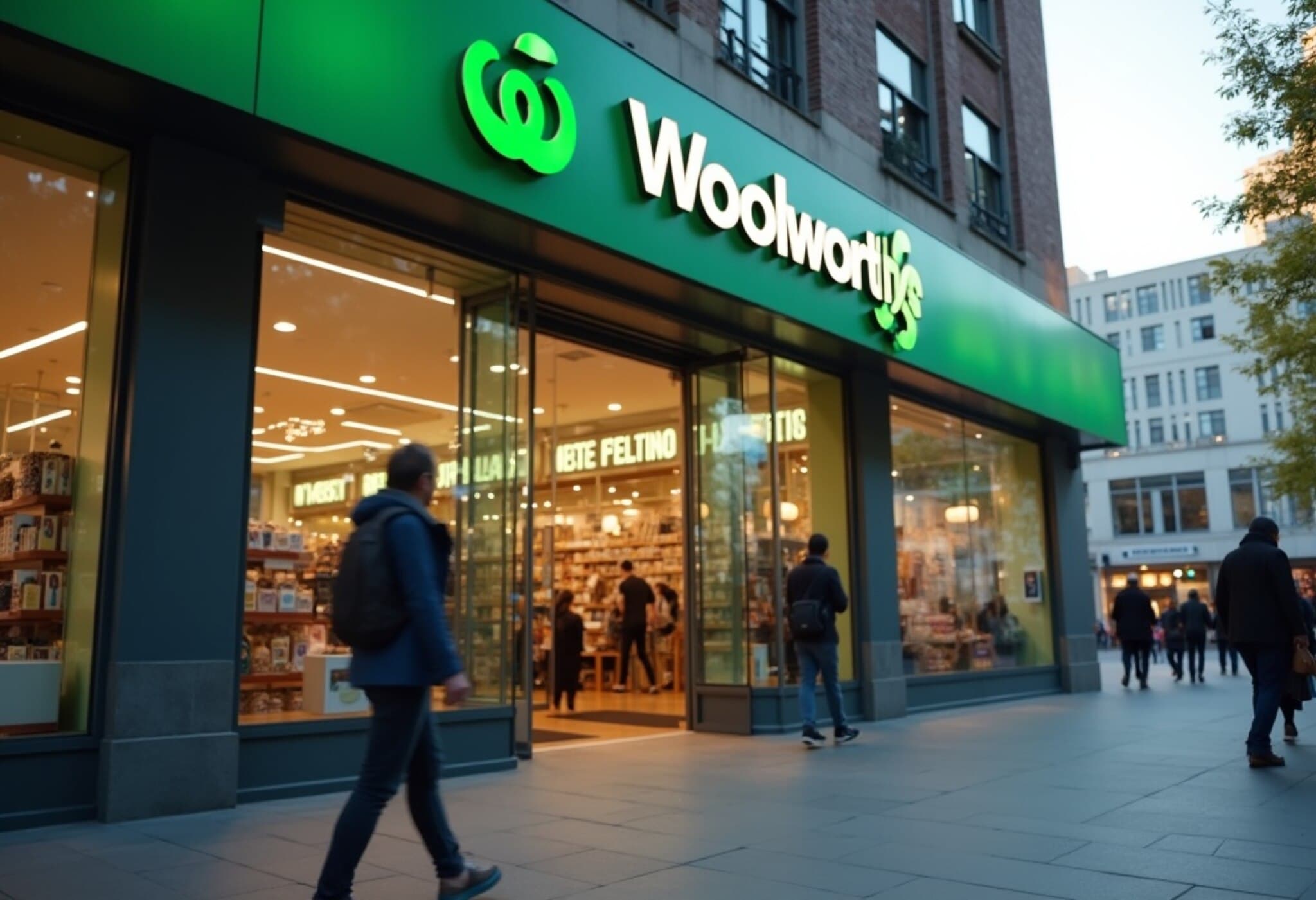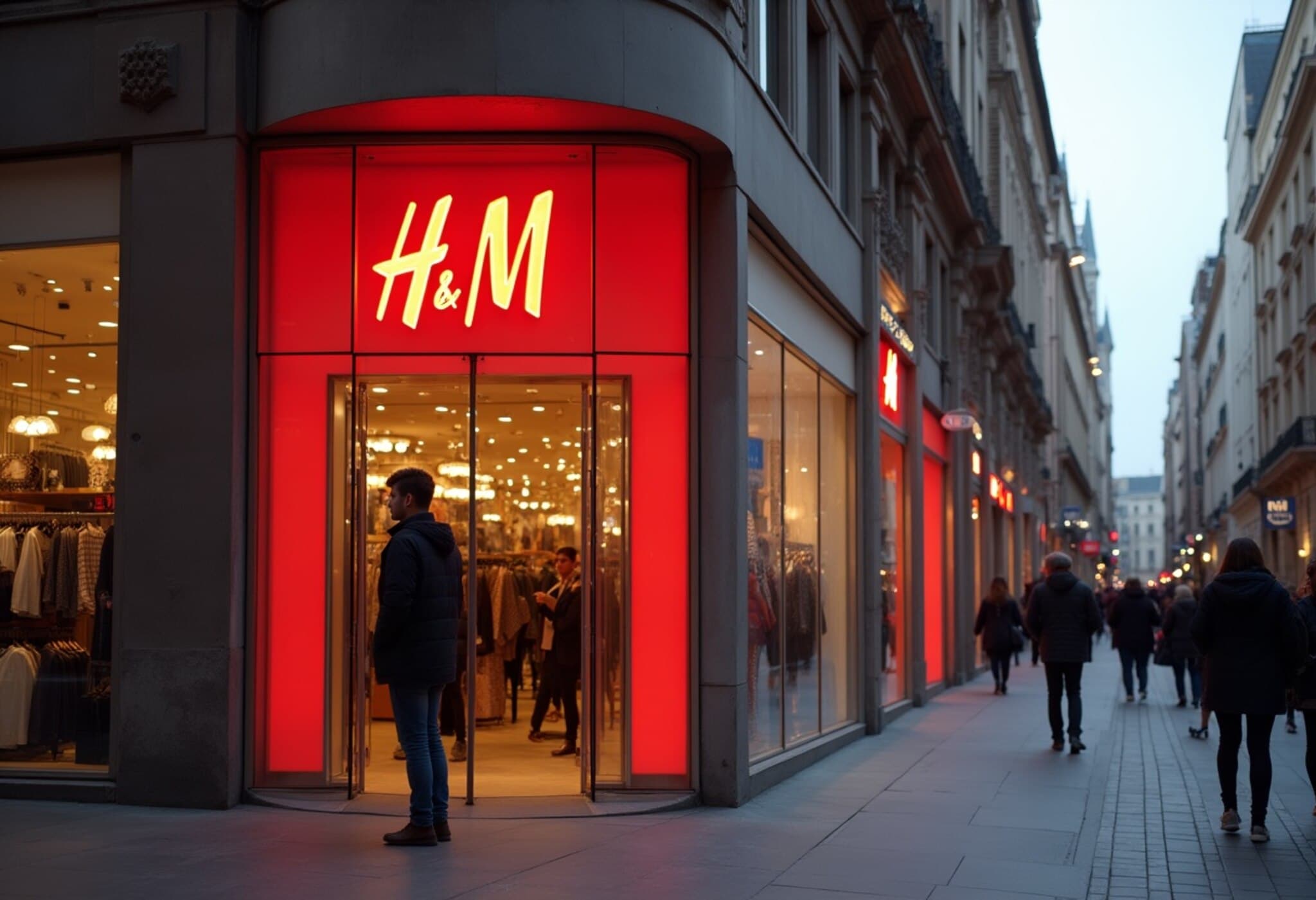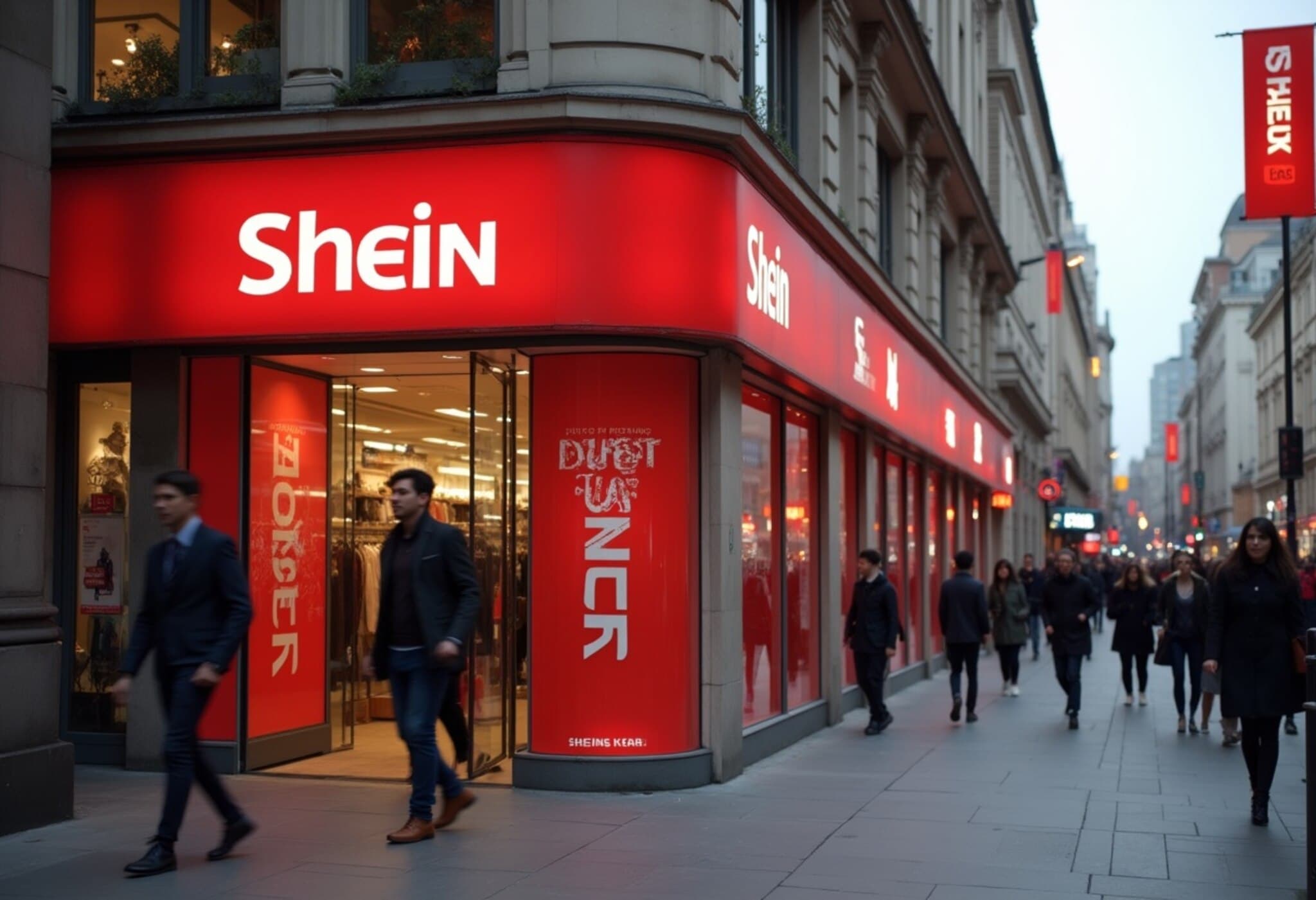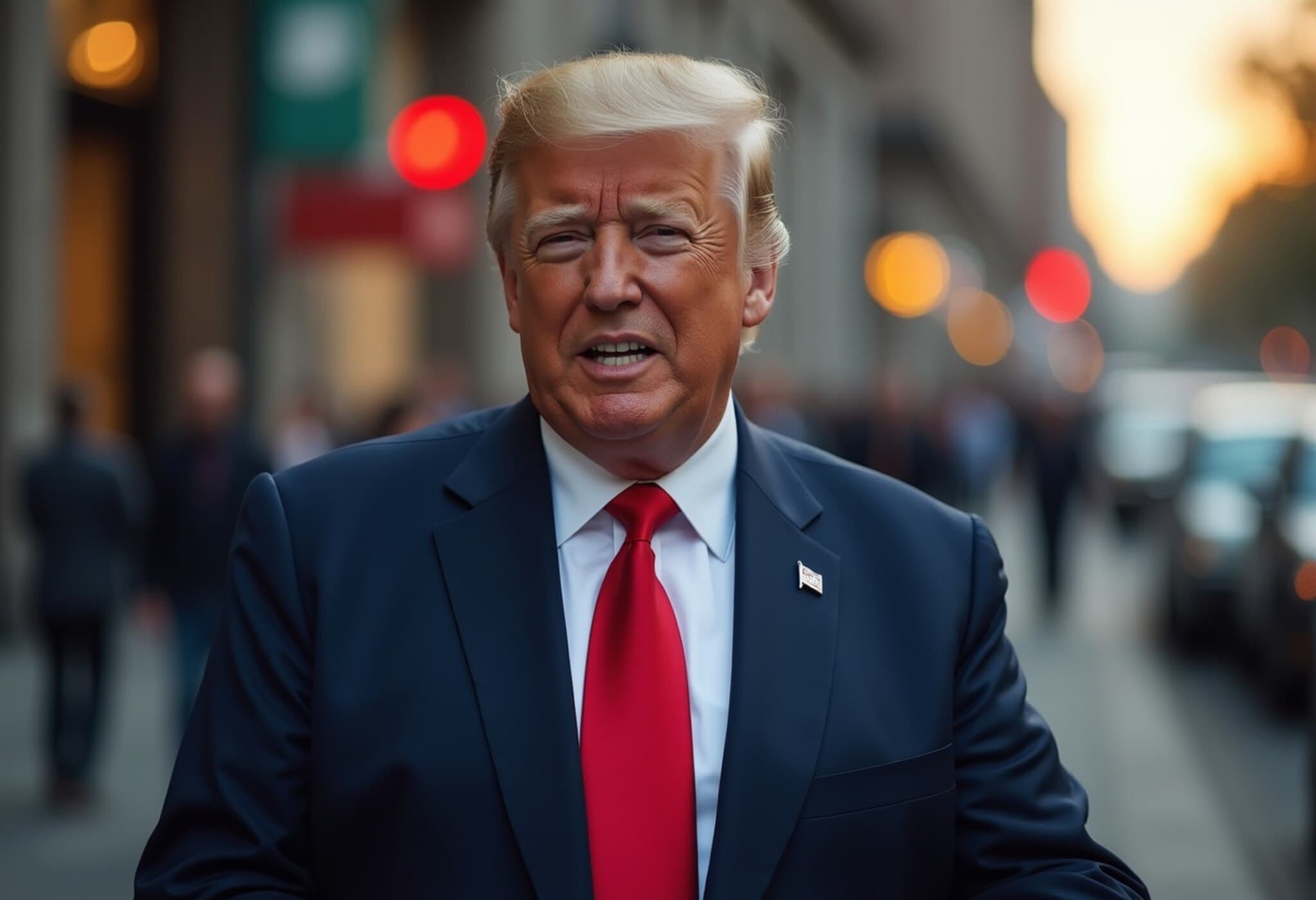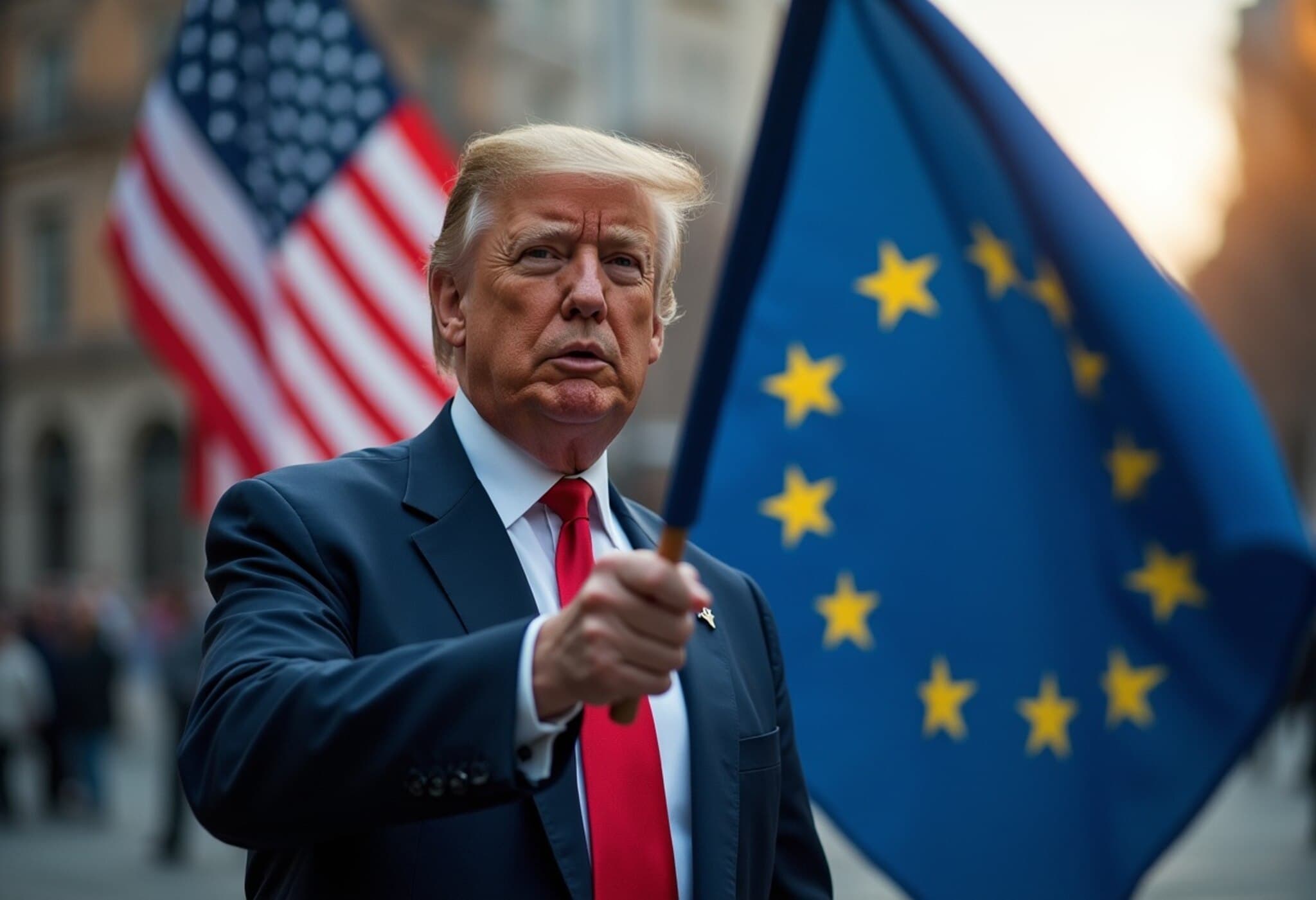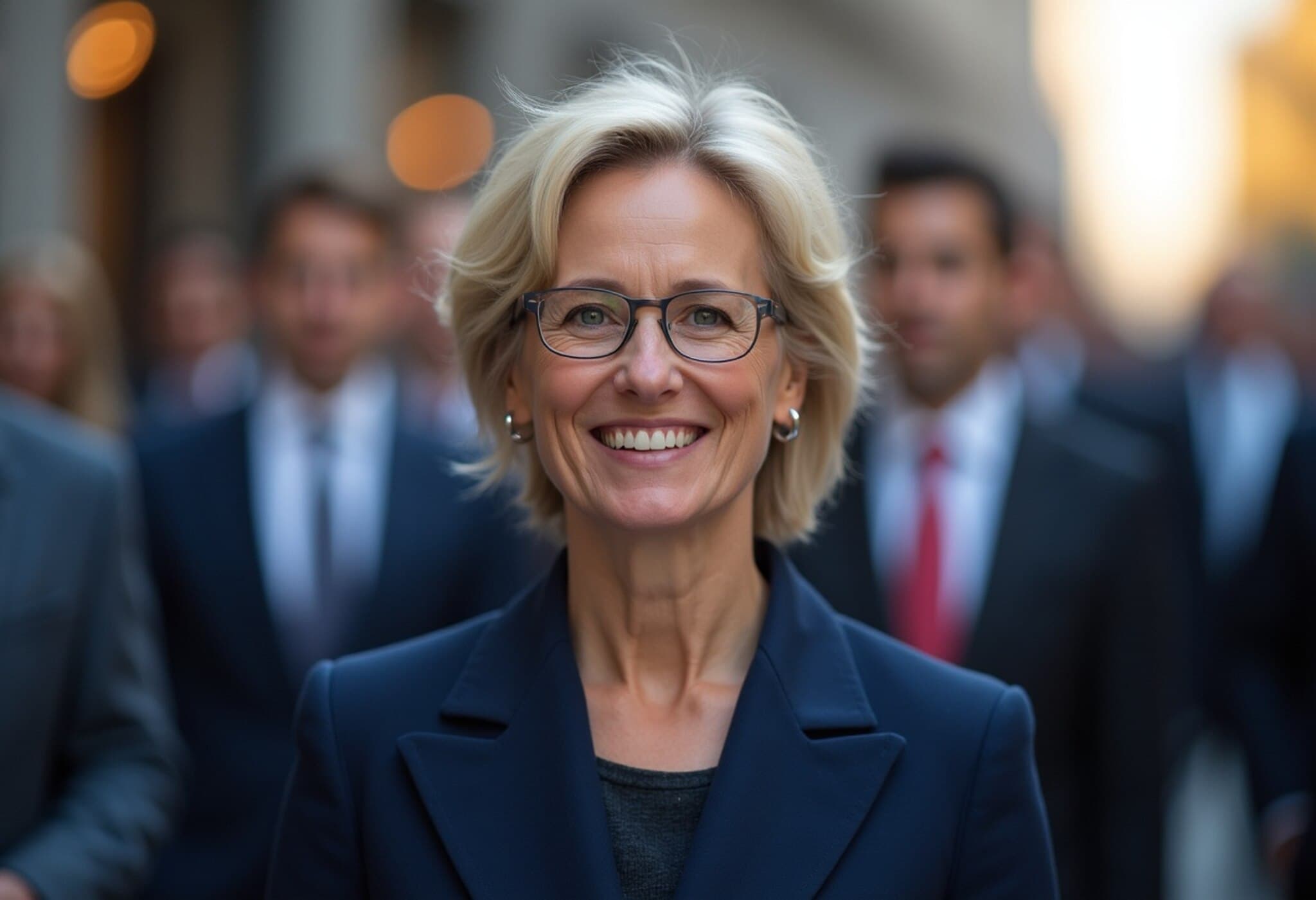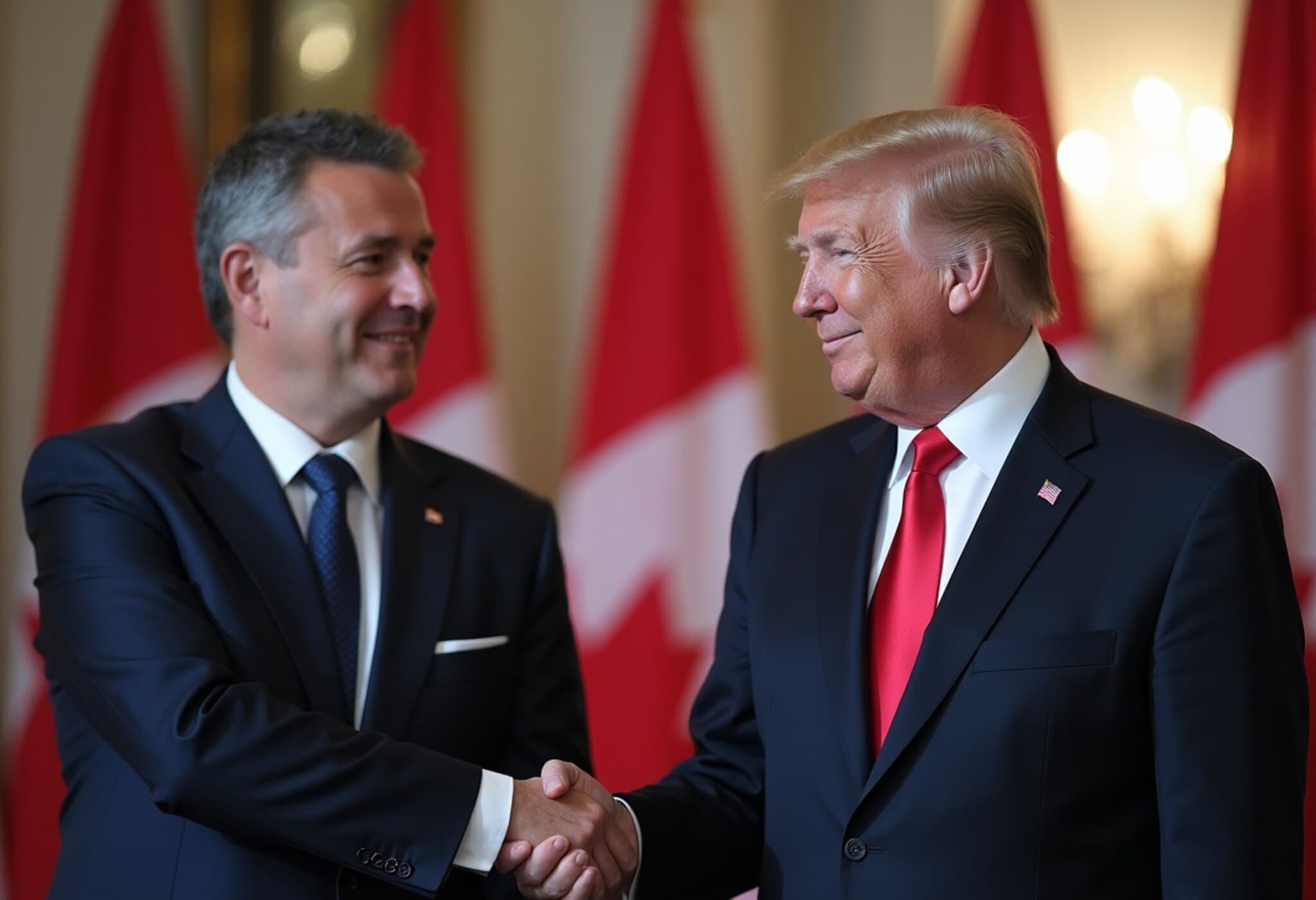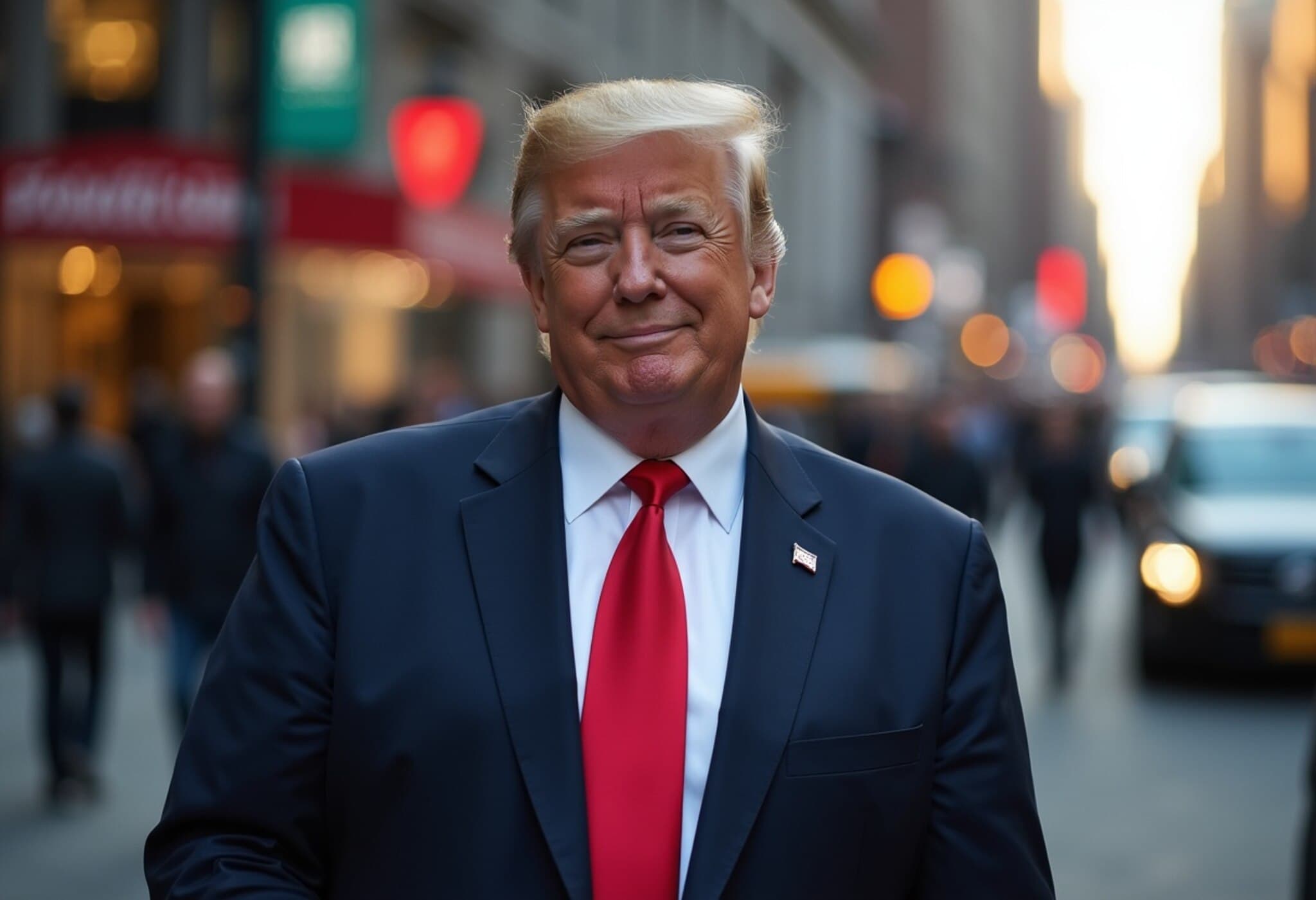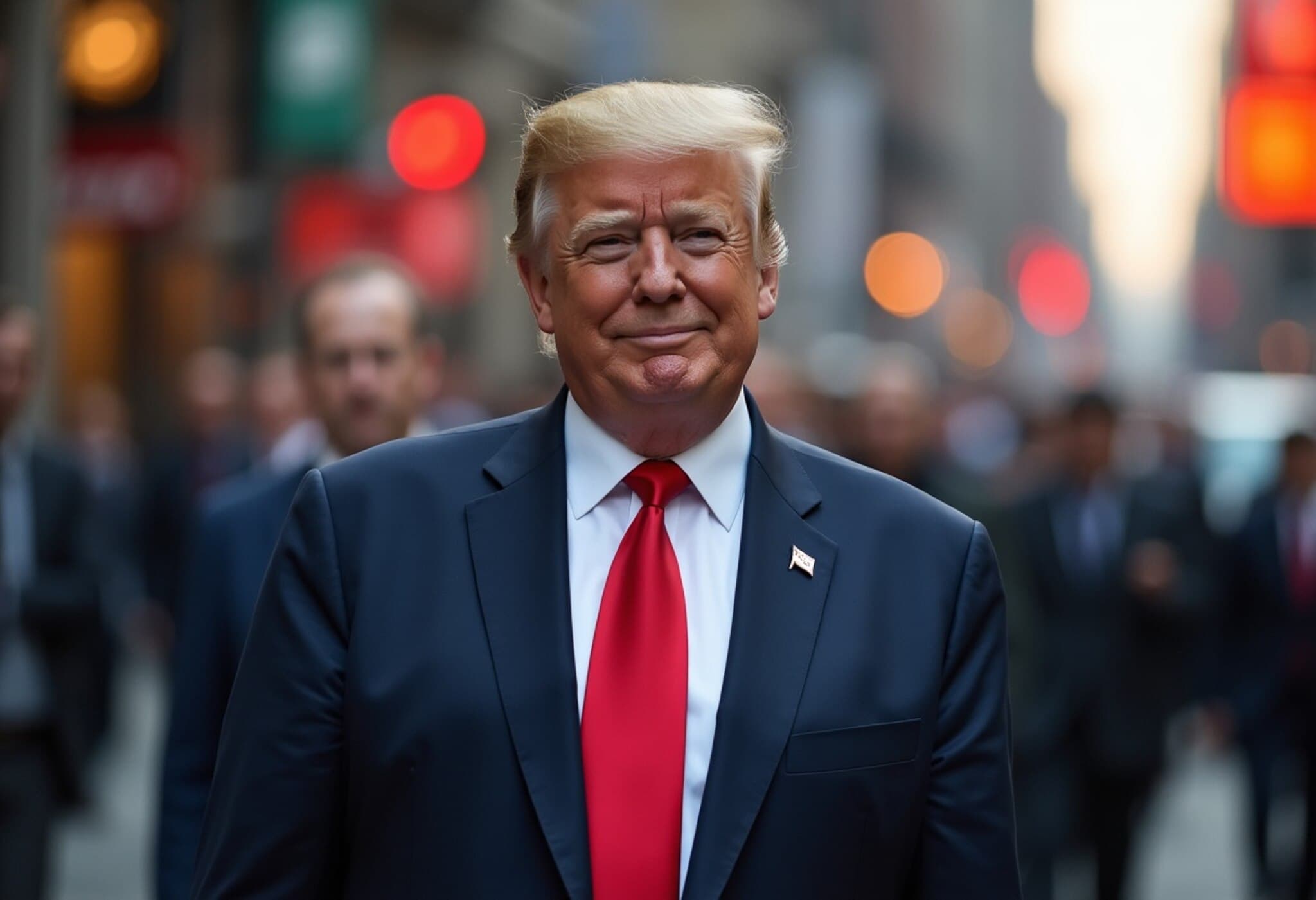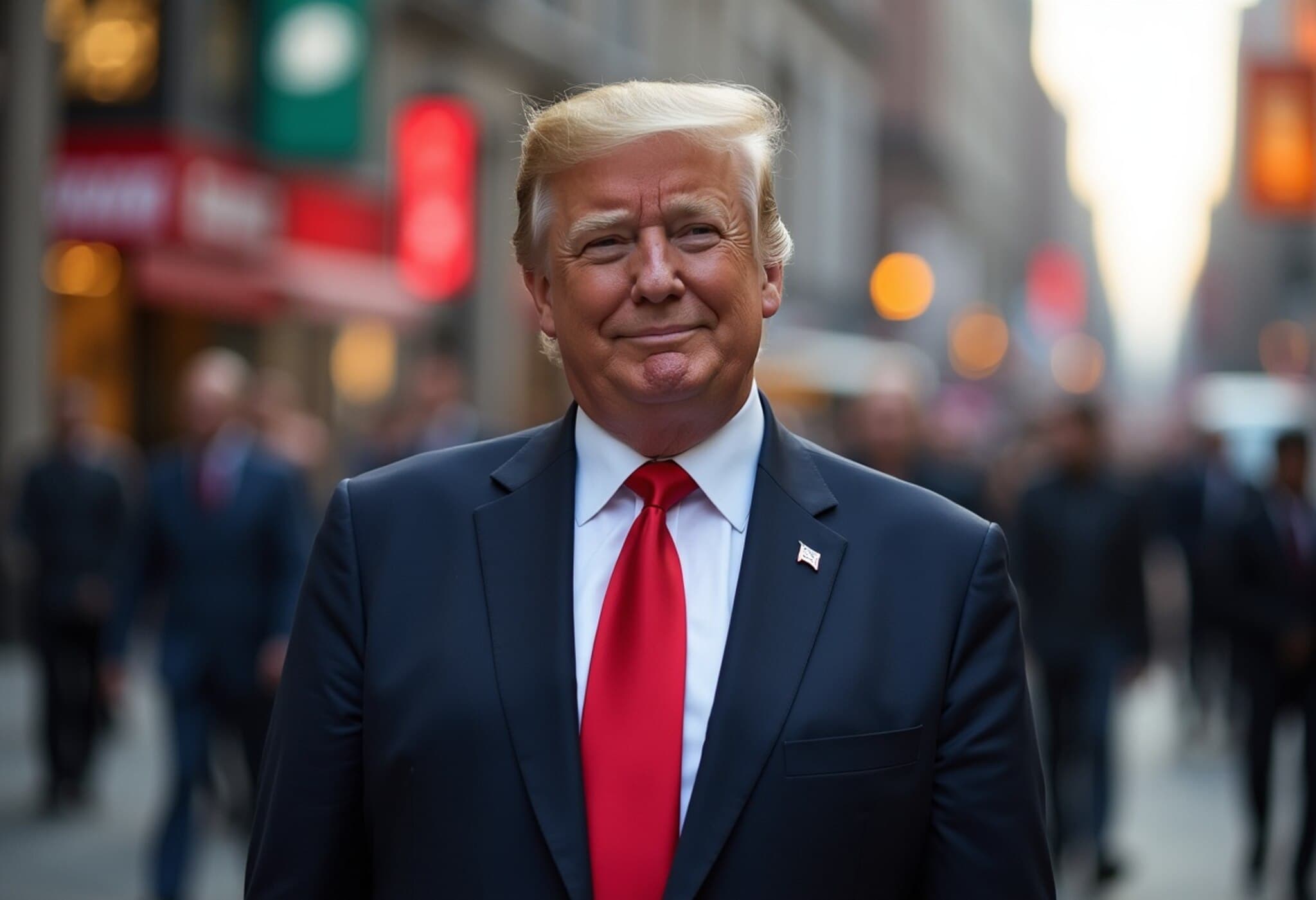Hasbro Implements Workforce Reduction as Tariff Costs Rise
Global toy manufacturer Hasbro has announced a reduction of approximately 3% of its worldwide workforce, equating to around 150 employees. This move is part of a broader cost-cutting initiative prompted by increased tariffs on toys imported from China into the United States.
According to the company's fiscal 2024 filings, Hasbro employs close to 4,985 people globally. A company spokesperson highlighted that this restructuring aligns with their long-term strategic goals.
Challenges from Tariffs and Supply Chain Shifts
Hasbro relies heavily on sourcing from China, with about half of its U.S. toy and game products imported from there. However, the recent escalation in tariffs has accelerated the company's efforts to diversify its supply chain and reduce dependency on China.
The tariff-induced costs have strained the toy industry further, which was already facing sluggish consumer demand. As noted by Hasbro's CEO, increased tariffs inevitably lead to higher retail prices, possible job cuts, and squeezed profits for investors.
In response, Hasbro is re-evaluating both its logistics routes and manufacturing strategies to mitigate these pressures.
Ongoing Restructuring and Workforce Changes
This latest job reduction follows a prior global cutback of almost 900 positions in December 2023, after the company initially announced plans to reduce its workforce by 15% due to weakening sales.
The current layoffs are part of a multi-year restructuring plan aimed at enhancing operational efficiency and adapting to changing market conditions. While specific numbers have not been further detailed, the initiative signals a sustained effort to reshape Hasbro's business.
Focus on Digital and Licensed Gaming
Amid these challenges, Hasbro has shifted focus toward expanding its digital and licensed gaming sectors. This pivot has succeeded in attracting a younger customer base, helping to counteract several years of declining demand in its traditional toy lines.

